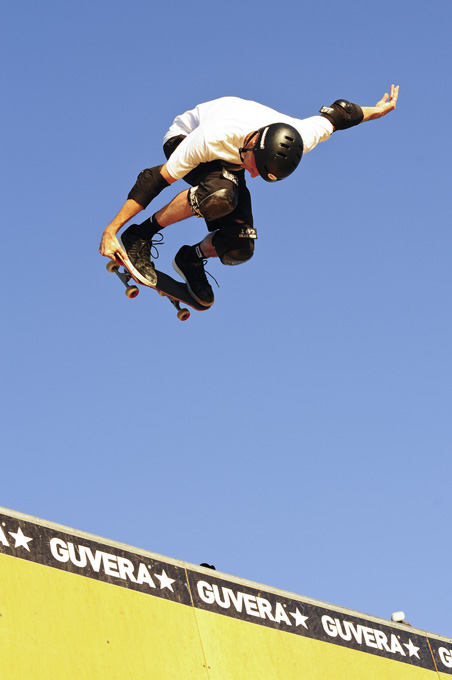4 Ways To Keep Your Kids Safe When Playing Sports

With more children than ever fighting a sedentary lifestyle and childhood obesity, it’s no wonder that smart parents encourage their kids to actively participate in sports. Even First Lady Michelle Obama’s “Let’s Move” campaign encourages kids to get active for at least 60 minutes a day, five days a week. With inspiration from the top down to exercise, individual and team sports are on the rise and are ideal ways to encourage kids to make physical activity a fun, regular part of life. However, along with activities come the possibility of injury. What are some ways to prevent injuries while encouraging kids to play and exercise responsibly?

First, experts recommend a full, pre-participation physical exam before embarking on any new sport or regular activity. You want to know if your child has any condition that you don’t already know about that may put him or her at risk.
Next, your child should wear protective gear appropriate for the sport or activity AT ALL TIMES, whether he or she likes it or not. Be it protective hockey pads, or a mouth guard, the gear should be well-fitting, and your child should know how to wear it properly. The most common protective item is a helmet, but even that is designed for each individual sport (like biking, football, baseball, hockey and skateboarding helmets) and should only be used for that particular sport. Other common protective gear includes mouth guards, eye protection, pads, wrist guards, and specialized shoes.
The most common injury sustained by child athletes involves minor fractures. Many of these are typically the result of not wearing protective gear or not following the rules of the game. If your child has become injured during a game, you may want to acquire legal counsel. Professionals, like those at Cohen, Placitella & Roth, P.C., know the details of the law when it comes to personal injury. Breaks, sprains and more serious injuries can happen, and are all the more serious due to a child’s still-growing bones, ligaments, joints, and tendons.
The third way to help kids to play safely is to encourage your child to follow the rules of the sport. Knowing what’s legal and what’s not, typically results in fewer physical accidents. For example, going for the ball rather than the player in most sports is a rule that protects the player with the ball, further reducing injuries.
Last, your child should have some type of warm-up before games or practices. Experts recommend ten minutes of stretching to release muscle tension and reduce the possibility of an injury like a muscle tear or sprain. Cooling down afterwards also helps athletes. Coaches and parents should work together to see that these warm-ups and cool-downs happen regularly.
Preventing injuries during physical activities is important to maintain overall fitness and keep sports activities fun and engaging for your child.
